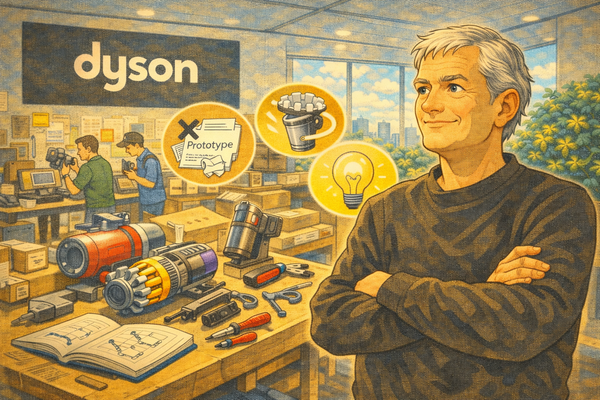From Zero to Hero: How Startups Become Market Leaders

A startup is a company in its early stages, designed to solve a problem or meet a need in a new or innovative way. Unlike traditional small businesses, startups aim for rapid growth, scalability, and often use technology to disrupt existing markets.
Starting Small
Most startups begin with little more than an idea, a few passionate founders, and limited resources. In the beginning, they focus on building a “Minimum Viable Product” (MVP) — a simple version of their product to test if people want it. The goal is to validate the idea quickly and cheaply.
Early-stage startups rely heavily on customer feedback. They constantly tweak their product, business model, or target market based on real-world usage. This “build-measure-learn” loop helps avoid wasting time and money on something nobody wants.
Funding and Growth
To grow, startups often need capital. Many turn to angel investors or venture capital (VC) firms that invest in exchange for equity. This funding helps hire talent, develop products, expand marketing, and enter new markets.
Unlike big companies, startups embrace uncertainty and move fast. They take risks, experiment, and sometimes pivot — drastically changing direction when they find a better opportunity.
Scaling Up
Once a startup finds “product-market fit” — meaning customers love and pay for the product — it focuses on scaling. This means expanding operations, acquiring more customers, and building a strong brand. Hiring the right team and maintaining a culture of innovation are crucial at this stage.
Processes and systems become more structured to handle growth. The company may go public (IPO) or be acquired by a bigger firm.
From Nothing to Market Leader: The Airbnb Example
Airbnb is a classic “zero to hero” story. It started in 2007 when two roommates, Brian Chesky and Joe Gebbia, couldn’t afford their rent in San Francisco. They came up with an idea: rent out air mattresses in their living room to people attending a big design conference.
They created a simple website, tested the concept, and discovered people loved the idea of cheaper, home-like stays. Despite early struggles and rejections, they raised funds from investors and kept improving their platform.
Airbnb focused on building trust between hosts and guests through reviews, secure payments, and quality standards. They expanded globally, adapting their service to local laws and cultures.
Today, Airbnb is a multi-billion-dollar company that transformed the hospitality industry. It didn’t own any hotels but leveraged technology, community, and customer experience to disrupt a massive market.
Key Takeaway
Startups succeed by solving real problems, listening to customers, and being agile enough to adapt. They grow by balancing bold ideas with smart execution, backed by funding and talent.
What begins as a small idea can become a market leader if the founders stay committed, curious, and resilient. In the world of startups, today’s garage idea can be tomorrow’s global giant.




